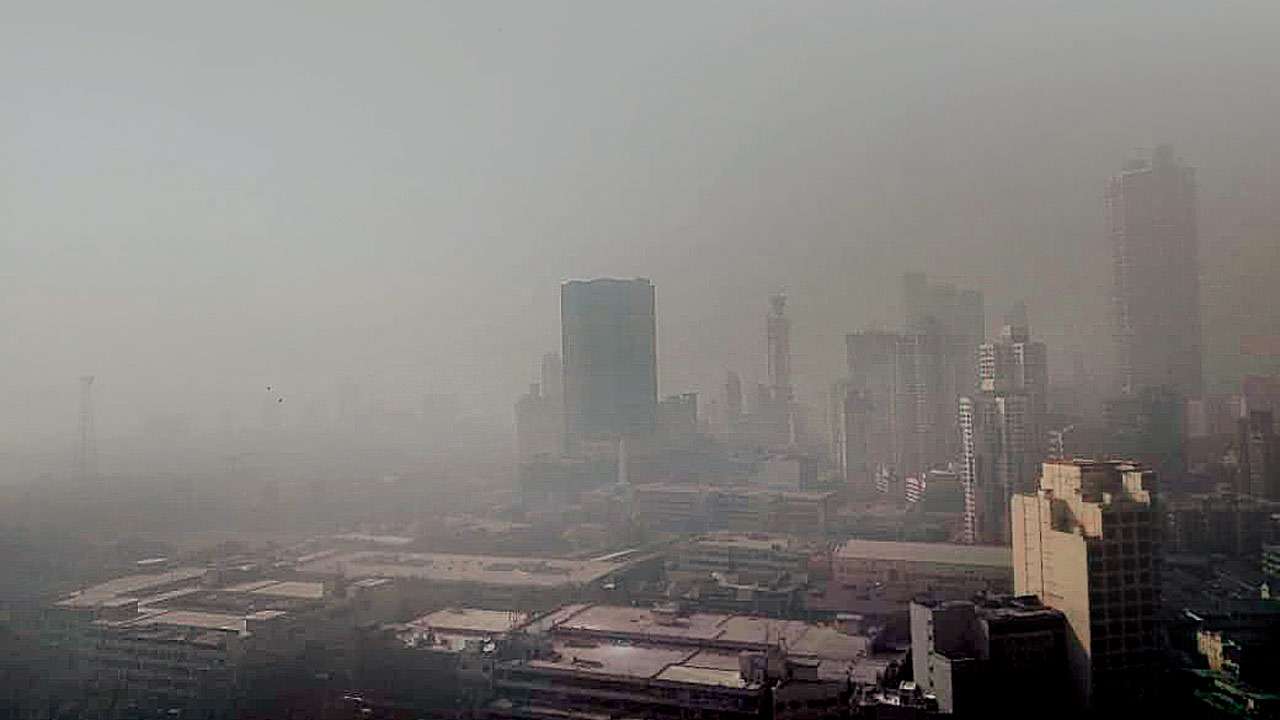According to studies, most Canadians live in areas of the country where air pollution surpasses new WHO recommendations, which could be harmful to their health
According to studies, the majority of Canadians live in areas of the country where air pollution surpasses new World Health Organization recommendations, which could harm their health. Around 86 percent of Canadians live in places where airborne fine particulate matter levels surpass WHO standards issued in late September, according to experts at CANUE – the Canadian Urban Environmental Health Research Consortium. According to Jeff Brook, an assistant professor of public health and chemical engineering and applied chemistry at the University of Toronto who works with CANUE, almost 56% of people live in locations where nitrogen dioxide levels surpass the current criteria.
According to the WHO’s latest guidelines, a yearly average PM2.5 concentration of five micrograms per cubic metre of air is acceptable. PM2.5 refers to airborne particles that are so small that they can pass through your lungs and into your bloodstream when you breathe. While most of Canada was well below the former WHO fine particulate matter standard, CANUE’s research demonstrates that much of urban Canada, as well as regions of Western Canada with regular exposure to wildfire smoke, surpass this new threshold. “We should care because we can make a difference,” Brook, a former Environment Canada air quality specialist, said. “It contributes to the health-care costs.” It has a negative impact on people’s life.”
Environment Canada expressed its support for the WHO’s revised air quality guidelines in a statement. “These guidelines will shape Canada’s next steps in addressing air pollution and protecting the air we breathe,” the agency noted. According to Health Canada, air pollution causes 15,300 fatalities in Canada each year, with many more people missing days to asthma and acute respiratory problems as a result of pollution. According to Statistics Canada, this is somewhat more than the number of Canadians killed in car accidents each year.





























